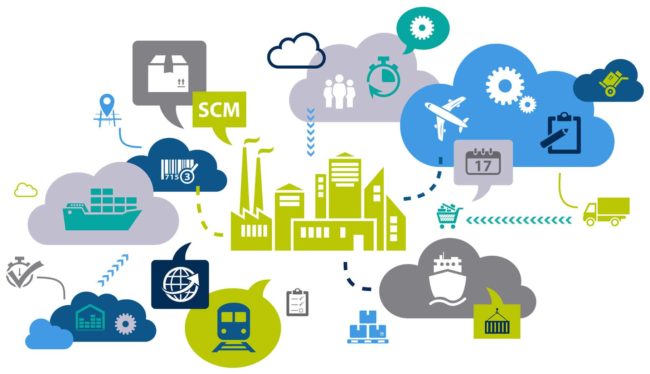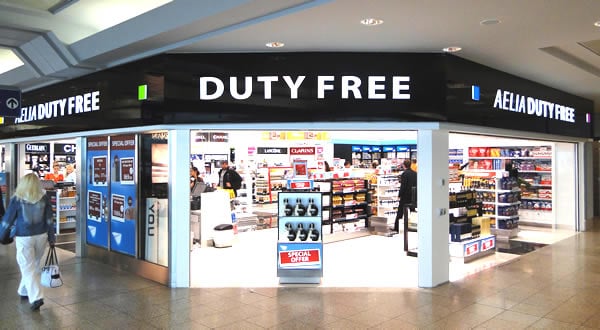
Nearly a third of UK businesses have failed to take any action to reduce the environmental impact of their supply chain operations, according to a report.
The industry research on supply chain sustainability, conducted by leading supply chain and logistics consultancy, SCALA, prior to COP26, revealed that 32 per cent of businesses surveyed have no measures in place to monitor the total impact of their operations.
In addition, nearly two-thirds (64 per cent) also reported having no plans in place to take any action to reduce the impact of their eCommerce operations. This suggests that businesses are failing to effectively monitor and react to their entire environmental footprint, adding further pressure to the current climate crisis.
As companies generate more than two-thirds of the planet’s emissions – and more than 90 per cent of these emissions are produced in the supply chain – the lack of action to respond to the environmental effect of operations is concerning.
“One of the likely reasons businesses may not be taking action to reduce the environmental impact of their supply chain could be an inability to accurately measure their carbon footprint” comments William Richardson, founder and CEO of Compare Your Footprint, an organisation empowering businesses to measure the carbon footprint of their entire operation, including supply chains.
“Supply chains can be complex, and each business will have different supply chain demands. The first step starts with collecting as much data as possible around energy usage, freight, materials used, and so on. With this data, it is then possible for businesses to calculate their emissions and identify the key areas of their business to take appropriate action to reduce the environmental impact of their own operations and supply chain.”
John Perry, managing director at SCALA, said: “This survey was undertaken prior to COP26 and whilst the outcome of COP has had a mixed reception, the anecdotal feedback that we are receiving from businesses is that undoubtedly it has raised the profile of the climate crisis we are all facing. I believe the majority of businesses are committed to making positive changes for the environment but knowing where to start can be the main barrier to positive change.
“However, we know that the supply chain can be one of the most carbon intensive aspects of any business and failing to respond to and tackle this will be devastating for the ongoing climate emergency across the globe.
“Whilst measuring a business’s carbon emissions is the first step, identifying the specific areas of where environmental action needs to be prioritised, is a good place to start. For eCommerce businesses, this may be tackling freight emissions by introducing positive steps such as combining truck loads, increasing the number of sales items per pallet or reducing diesel transport wherever possible.
“By mapping a supply chain, businesses can quickly see what areas of their business are the most carbon intensive and can then take consequent action immediately. Failure to act will only tarnish a business’ reputation, as well as hinder the process towards a greener and cleaner future.”








Share